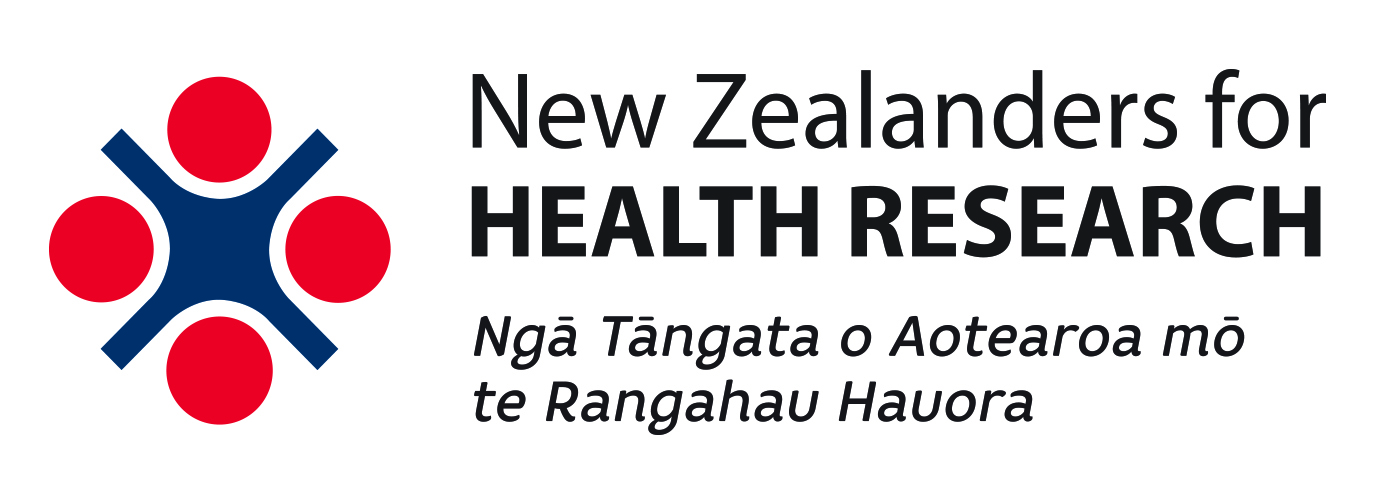Media release: Research, Science and Innovation Strategy lacks ambition
The government’s latest Research Science and Innovation (RSI) strategy lacks ambition and will do little, if anything, to promote increased investment in health and medical research, according to health research advocate New Zealanders for Health Research (NZHR).
Consultation on the RSI strategy has recently concluded and NZHR has told MBIE that basing the strategy on a ten year aspirational research and development (R&D) target of 2% of GDP is simply insufficient. “The overall OECD average investment in R&D currently stands at 2.4% of GDP, and many comparable small advanced economies are currently achieving R&D rates in excess of 3% – if New Zealand is to succeed in being internationally competitive our aspirational target needs to be at least 3% also” said NZHR Chief Executive Chris Higgins. “This is a big step up from our current 1.2% investment level, but we need to be bold”
“The situation for health R&D investment is even worse” said Mr Higgins. “The latest allocation stands at 0.8% of health care costs, which significantly below both the government’s 2.0% figure and NZHR’s recommended 2.4% target. The 2019 budget has specifically provided for no increases in health R&D for the next four years, and we’re forecasting that the figure will have fallen to 0.6% of health care costs by 2025.”
“84% of the amount specifically invested in health R&D is allocated to the Health Research Council (HRC). Although there’s a legal requirement for the HRC’s funding to be reviewed every three years, the last time this occurred was four years ago. NZHR recommends that a funding review takes place as part of developing the 2020 budget which results in allocating increases over the next four years which are at the very least consistent with achieving the government’s 2% target.”
“Furthermore, the RSI’s 15% R&D tax incentive, adopted by the government last year, is unlikely to significantly incentivise commercial investment in health R&D” said Mr Higgins “Or assessment is that it would need to be set at least 30% to offset systemic disincentives such as a hospital system which really isn’t geared up to partner with the commercial sector, and Pharmac’s purchasing and rationing practices”
“What’s at stake here is peoples’ lives and well-being” said Mr Higgins. “Fewer people now suffer from heart disease, many forms of cancer are curable or more survivable than they were up until a few years ago, and life threatening infectious diseases are mostly a thing of the past – all of these advances are the result of investing in health R&D and applying the findings to prevention and treatment of illness”
“But we still have big health challenges ahead of us. If we fail to invest adequately in health research now, current and future generations will needlessly suffer from potentially preventable and treatable illnesses, burdening both families and the health system with huge and unnecessary strain and costs”
“According to our latest Roy Morgan NZHR opinion poll three quarters of New Zealanders believe that the government’s budget for health and medical research is too low. With a general election set to take place in 2020 this would be a good time for all political parties to take notice and ensure that their election manifestos include real commitments to increasing public and commercial health R&D investment” said Mr Higgins
NZHR is chaired by Graham Malaghan, of the Wellington-based Malaghan Institute of Medical Research and is supported by universities, clinical research organisations, and organisations representing both the philanthropic and pharmaceutical industry sectors.
For a copy of NZHR’s submission on the RSI Strategy please click here, and for further information contact NZHR chief executive Chris Higgins on 027 2928433 or [email protected].
END

